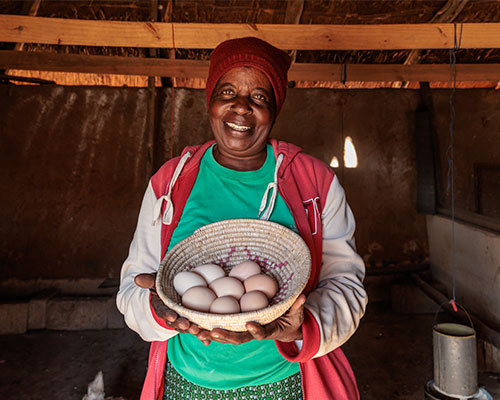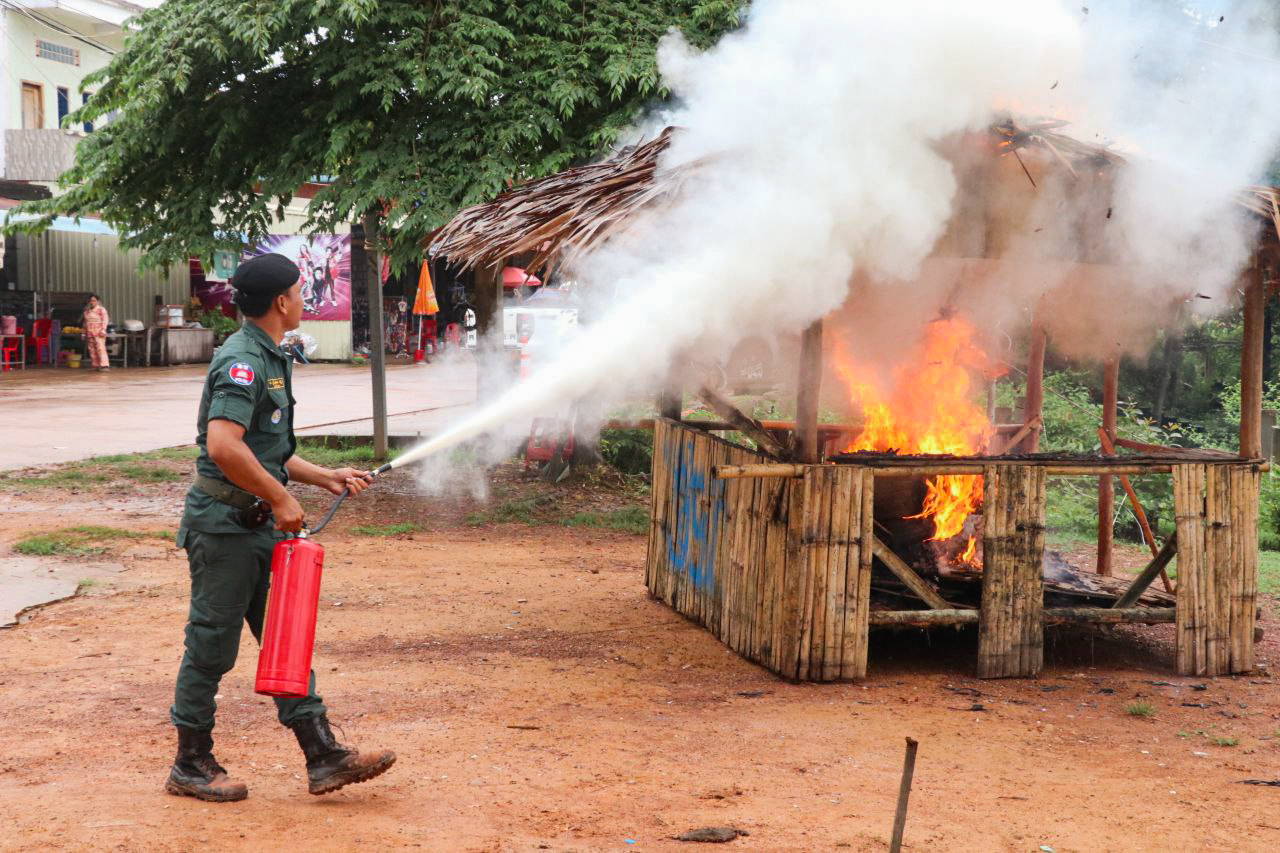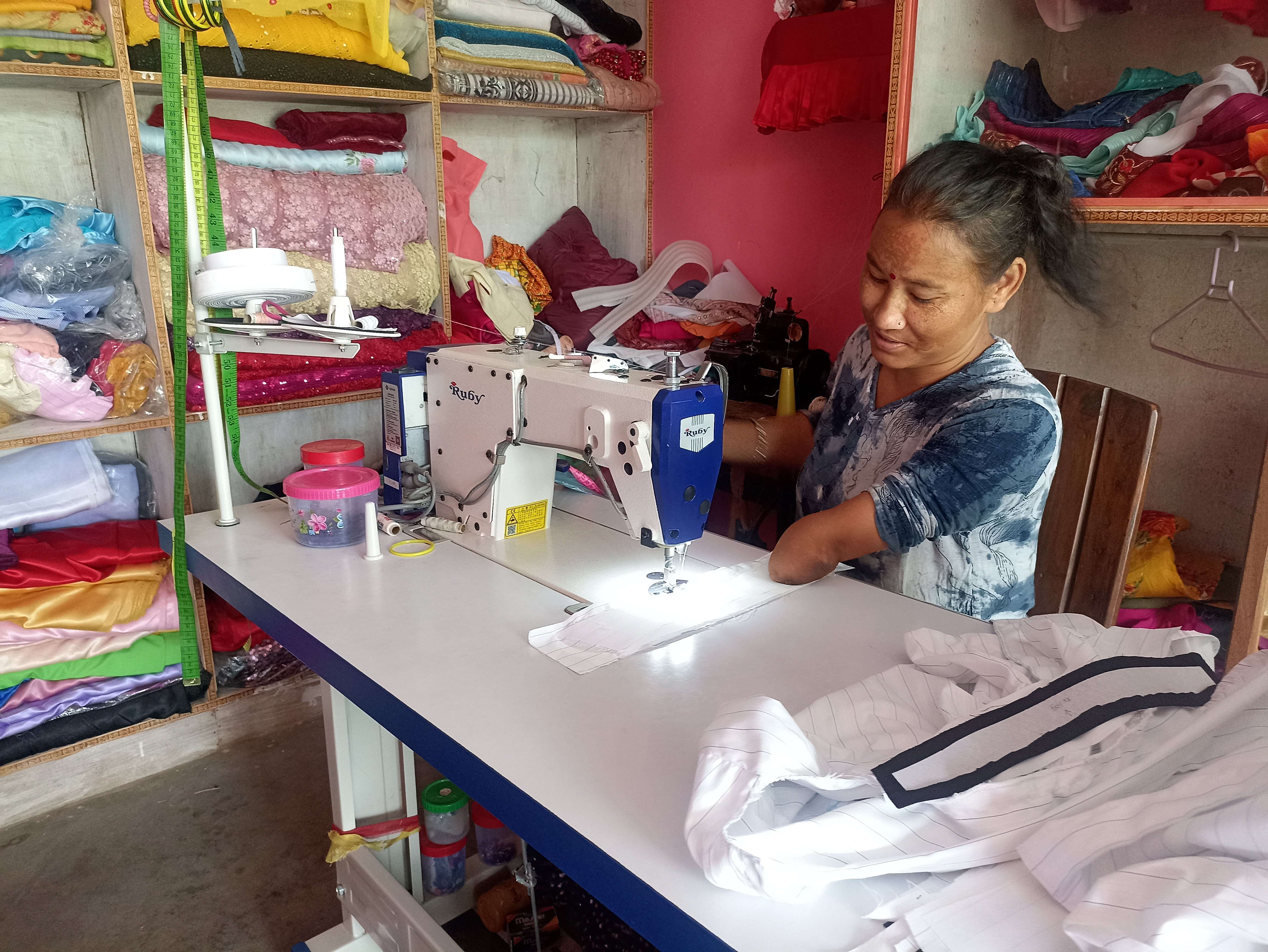Food is the third most basic human need, right after air and water. Yet despite this, a staggering 733 million people are currently facing hunger in the world due to repeated weather shocks, conflicts, economic downturns, inequality and the remnants of COVID-19 global pandemic (United Nations).
What is World Food Day?
World Food Day is a United Nations international day, celebrated worldwide on 16 October each year. This observation commemorates the date of the founding of the United Nations Food and Agriculture Organisation in 1945, which works to eradicate hunger and malnutrition, promote sustainable agriculture, improve rural livelihoods and respond to food crises.
What does Caritas Australia do to tackle food insecurity across the world?
The theme for this year's World Food Day is “right to foods for a better life and a better future”. This strongly aligns with Caritas Australia’s goal of creating a better future for all, as well as our ongoing mission of making hunger, food insecurity and famine history.
We work hand-in-hand with our partners to ensure that the communities we serve have access to food and other essential resources. Through our emergency relief programs, we aim to provide food and essential supplies during crises.
We also promote long-term food security by providing agricultural education and training, supporting sustainable farming practices, improving crop yields, and building resilience to climate change.
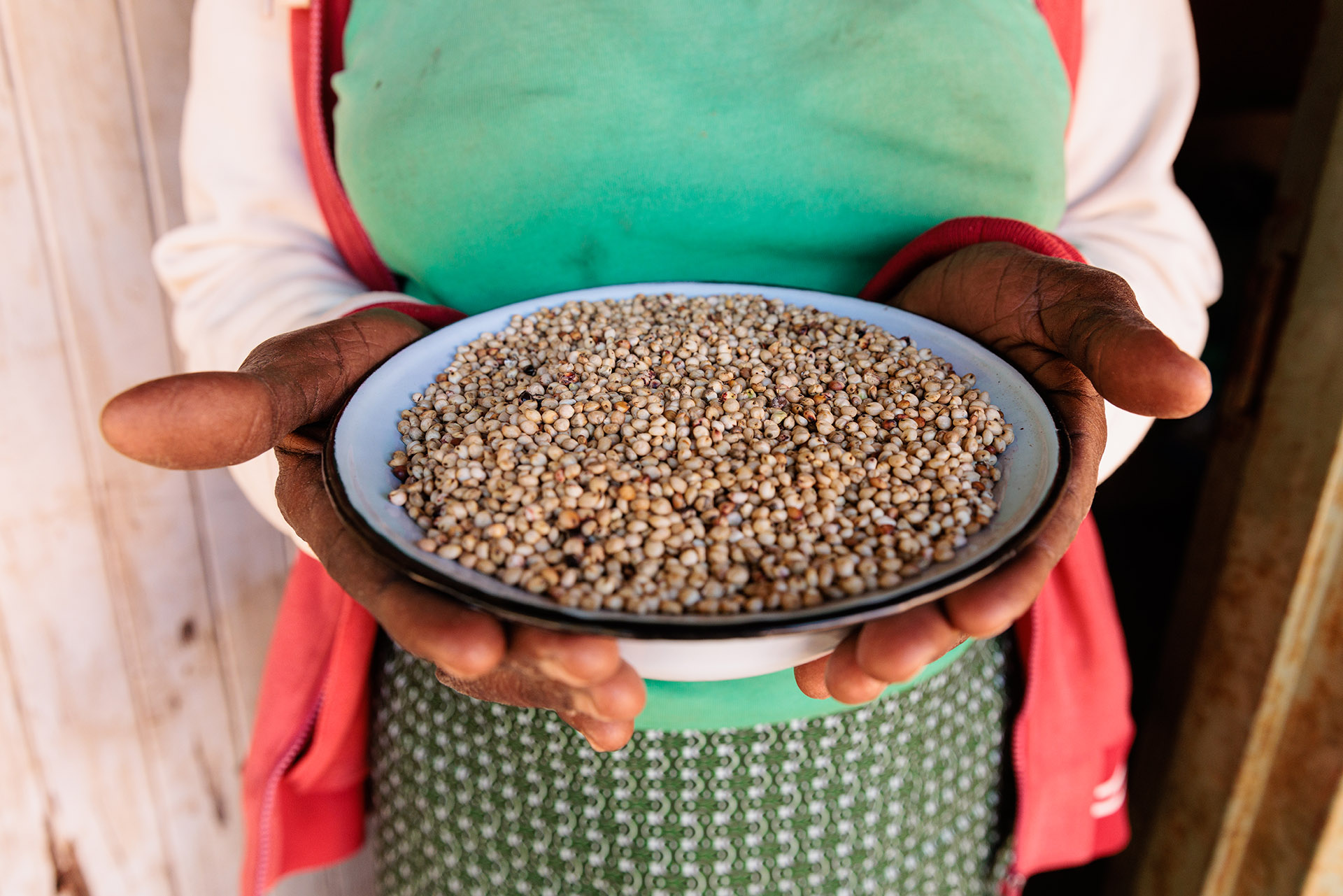
Priscilla holding a bowl of sorghum. Photo: Caritas Australia.
Africa Food Crisis
The Horn of Africa is currently facing one of the worst food crises in history, as well as numerous other challenges, including drought, flooding, soaring food and fuel prices, locust infestations, and conflict. Additionally, repeated failed rainy seasons have led to severe drought, leaving rural families unable to afford basic necessities like food, medicine and fuel.
81.6 million people
are facing acute food insecurity across the Horn of Africa.
23 million people
are facing severe hunger.
7 million children
under 5 years are acutely malnourished in Ethiopia, Kenya and Somalia.
Over 1.6 million people
were forced to flee their homes due severe flooding across Ethiopia, Kenya, and Somalia in late 2023 and into 2024.
This has caused rampant displacement across the region, with large refugee camps suffering from inadequate shelter, sanitation, and food supplies. Families forced to flee are unable to plant crops, further diminishing next year’s harvest. Subsistence farming is collapsing as crops fail and livestock perish, stripping families of both food and income. The high cost of emergency supplies continues to threaten vulnerable communities.
With your generous support, our partners on the ground are working tirelessly to help deliver food, clean water, and critical aid as swiftly as possible.
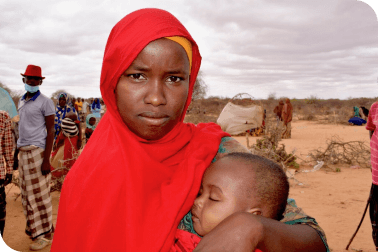
Marian and her eight-month-old daughter queuing at the Trócaire health outreach centre at an Internally Displaced Persons camp in Gedo district, southern Somalia. Trócaire is one of Caritas Australia’s partners. Photo: Miriam Donohue: Trócaire.





